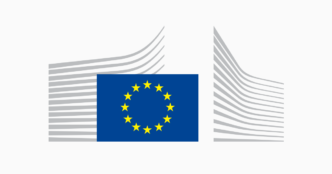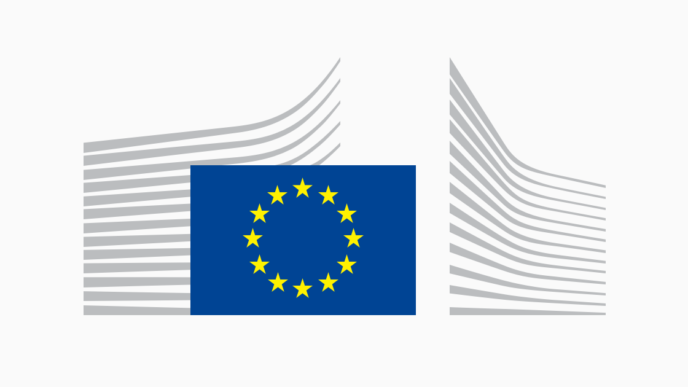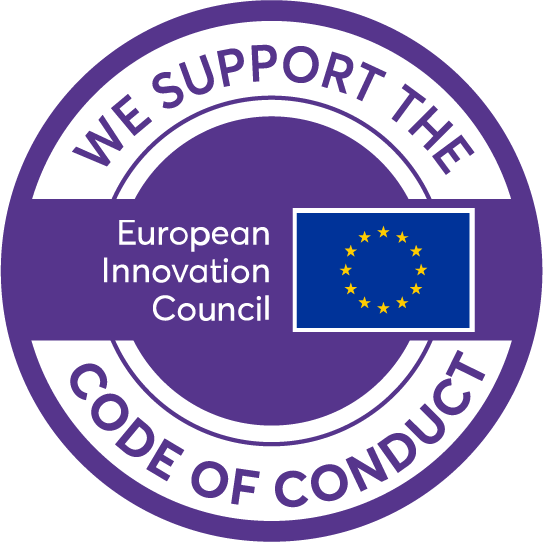Today, the European Commission and the High Representative are setting out a joint vision for the EU’s external action for digital.
As the digital revolution is reshaping economies and societies in a global geopolitical landscape which is more challenging than ever, the new EU International Digital Strategy shows that the EU is a stable and reliable partner, open to digital cooperation with allies and partners.
While the EU will spare no effort to boost competitiveness in AI and other key technologies at home, it will also work with partners to support their own digital transition. The Strategy reaffirms the EU’s commitment to building a rules-based global digital order, in line with its fundamental values.
The Strategy has the following objectives:
- To expand international partnerships, by deepening existing Digital Partnerships and Dialogues, establishing new ones, and fostering collaboration through a new Digital Partnership Network, the EU will strengthen its tech competitiveness and security as well as that of its partners.
- To deploy an EU Tech Business Offer, by combining EU private and public sector investments to support the digital transition of partner countries, incorporating components such as AI Factories, investments in secure and trusted connectivity, Digital Public Infrastructure, cybersecurity, and more.
- To strengthen global digital governance, by promoting a rules-based global digital order, in line with the EU’s fundamental values.
The EU has maintained a longstanding cooperation on digital priorities with countries around the world, notably via Trade and Technology Councils, Digital Partnerships and several Digital and Cyber Dialogues, as well as Digital Trade Agreements. Collaboration with partner countries is also advancing, among others, under the Global Gateway and through new Security and Defence Partnerships with allies.
Cooperation with partner countries will focus on the following priority areas:
- Secure and trusted digital infrastructure, essential to enable developments in critical sectors such as energy, transport, finance and health.
- Emerging technologies, such as AI, 5G/6G, semiconductors, and quantum technologies.
- Digital governance that fosters social cohesion, protects human rights and democratic principles.
- Cybersecurity, to strengthen the cyber defence of our partner countries as a direct investment in the EU’s own security.
- Digital identities and Digital Public Infrastructure, towards mutual recognition arrangements with key partner that can simplify cross-border business and facilitate citizens’ mobility.
- Online platforms to continue promoting protection of children online, freedom of speech, democracy and citizens’ privacy.
Next steps
The Commission and the High Representative will present the proposals in a series of events immediately after adoption, with a view to begin implementing the actions laid out in the joint communication as soon as possible.
Background
In April 2024, the European Council highlighted the need to strengthen the EU’s leadership in global digital affairs, inviting the Commission and the High Representative to prepare a joint communication on the subject.
The Commission launched a public call for evidence on 8 May to gather ideas to help shape the EU’s external digital policy. A wide variety of stakeholders, including tech companies, trade associations, national EU and third country authorities, civil society, non-governmental organisations, academia and citizens, shared their views.








